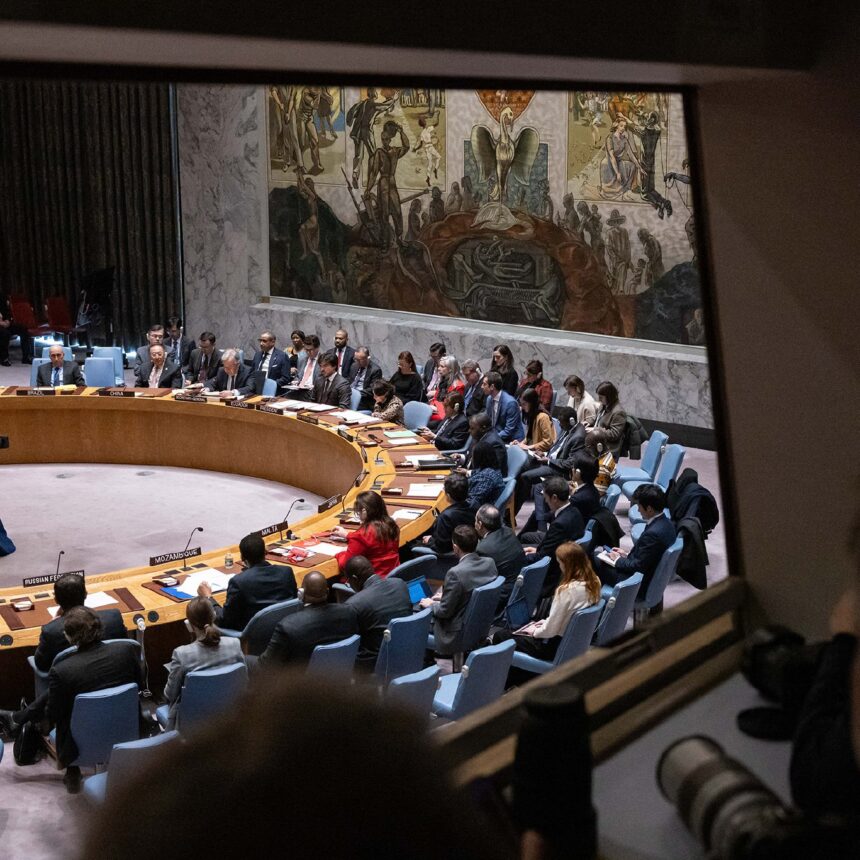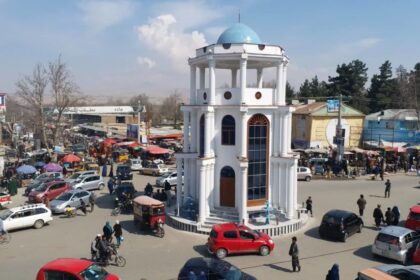RASC News Agency: In a sobering new assessment released by the United Nations, Secretary-General Antonio Guterres has warned of a sharp and troubling deterioration in Afghanistan’s security environment during the first quarter of 2025. The findings, detailed in a report published on Thursday, reveal a country teetering on the edge of chaos as the Taliban regime continues to fail in its most basic duty: ensuring the safety and well-being of the population. According to the report, a staggering 2,299 security-related incidents were recorded nationwide between February 1 and April 30, representing a 3% increase compared to the same period in 2024. This steady rise in violence underscores the Taliban’s ongoing inability to exert effective control over the country’s security apparatus, despite its repeated claims of having “stabilized” the nation.
The UN report also notes a disturbing uptick in criminal activity, with 175 documented cases of theft a 7% rise from the previous year further exposing the breakdown of law enforcement and the near-total collapse of public order under Taliban rule. With no functioning judicial system or legitimate policing structures, ordinary citizens are left increasingly vulnerable to unchecked criminality. Meanwhile, ISIS-Khorasan (IS-K) has continued to mount deadly attacks, capitalizing on the Taliban’s weak security infrastructure. In one of the most significant incidents, IS-K militants targeted the Taliban-controlled Ministry of Urban Development and Housing, killing three individuals and wounding ten others, including a deputy minister. On February 11, an IS-K suicide bomber struck in Kunduz, killing at least 19 people, among them 15 Taliban fighters and four civilians. These attacks demonstrate not only the enduring operational capacity of IS-K but also the Taliban’s inability to contain extremist violence.
Beyond ISIS-K, several anti-Taliban resistance movements remain active across various provinces. The National Resistance Front (NRF) conducted 56 attacks, the Afghanistan Freedom Front (AFF) carried out 16 operations, and the Tehrik-e-Azadi Afghanistan claimed three assaults during the reporting period. Though none of these groups succeeded in retaking territory, their persistent activities reflect a growing undercurrent of resistance against Taliban rule. An additional 11 attacks remain unclaimed, indicating either growing fragmentation among armed groups or deliberate concealment due to fear of Taliban reprisal. Cross-border tensions with Pakistan have also intensified, further illustrating the Taliban’s diplomatic failures and strategic incoherence. Guterres’ report points to multiple incidents along the Durand Line, including border closures and armed clashes between Taliban militants and Pakistani border forces. On April 22, 18 armed men were killed while attempting to cross from Barmal District in Paktika Province into Pakistan. Subsequently, on April 27, the Pakistani military reported eliminating 54 additional infiltrators originating from Afghanistan.
International operations have also come under increasing threat. The UN recorded 22 security incidents that directly affected its staff, highlighting the shrinking humanitarian space and rising risks faced by aid workers under Taliban mismanagement. Afghanistan’s descent into lawlessness is not only endangering its citizens but also severely obstructing the delivery of critical international aid. The report paints a bleak picture of civilian suffering, driven by both the Taliban’s negligence and the lingering consequences of decades of conflict. Unexploded ordnance, IEDs, and sporadic clashes have caused at least seven civilian deaths and injured 39 more. In many cases, children and women are among the victims the very demographics the Taliban claim to “protect” under their distorted interpretation of governance.
Cross-border attacks have also proven deadly for civilians. On February 1, an airstrike on a mosque in Paktika killed three men. On March 5, Pakistani border forces opened fire in Nangarhar, injuring three journalists. And in one of the most horrific incidents, a Pakistani airstrike on March 28 struck a residential home in Paktika, killing four young girls and three boys. These tragedies underline the brutal human toll of a region spiraling out of control under Taliban rule. Unexploded munitions remain a silent killer, particularly among children. The report confirms that 16 civilians died, and 35 were maimed, due to contact with unexploded remnants of war. Despite the urgency of the issue, the Taliban have failed to implement any meaningful demining programs or civilian safety initiatives a stark contrast to previous governments that partnered with international NGOs to address such threats.
The United Nations’ latest findings confirm what many Afghanistanis have long feared: under Taliban rule, Afghanistan has become a theater of spiraling insecurity, lawlessness, and repression. Far from delivering on their promises of “peace” and “order,” the Taliban have presided over an environment in which terrorism flourishes, criminality rises, and civilians suffer often in silence, with no recourse to justice or protection. As the international community weighs its engagement with Afghanistan, this report serves as a critical reminder: humanitarian support must not translate into political legitimacy for a regime that has proven incapable of governing, unwilling to reform, and indifferent to the suffering of its people.






